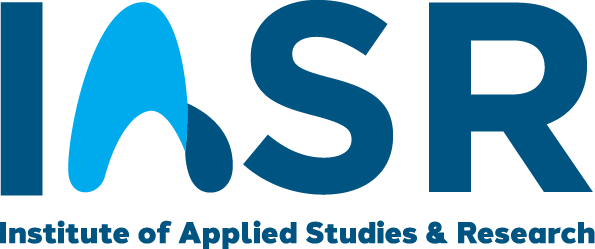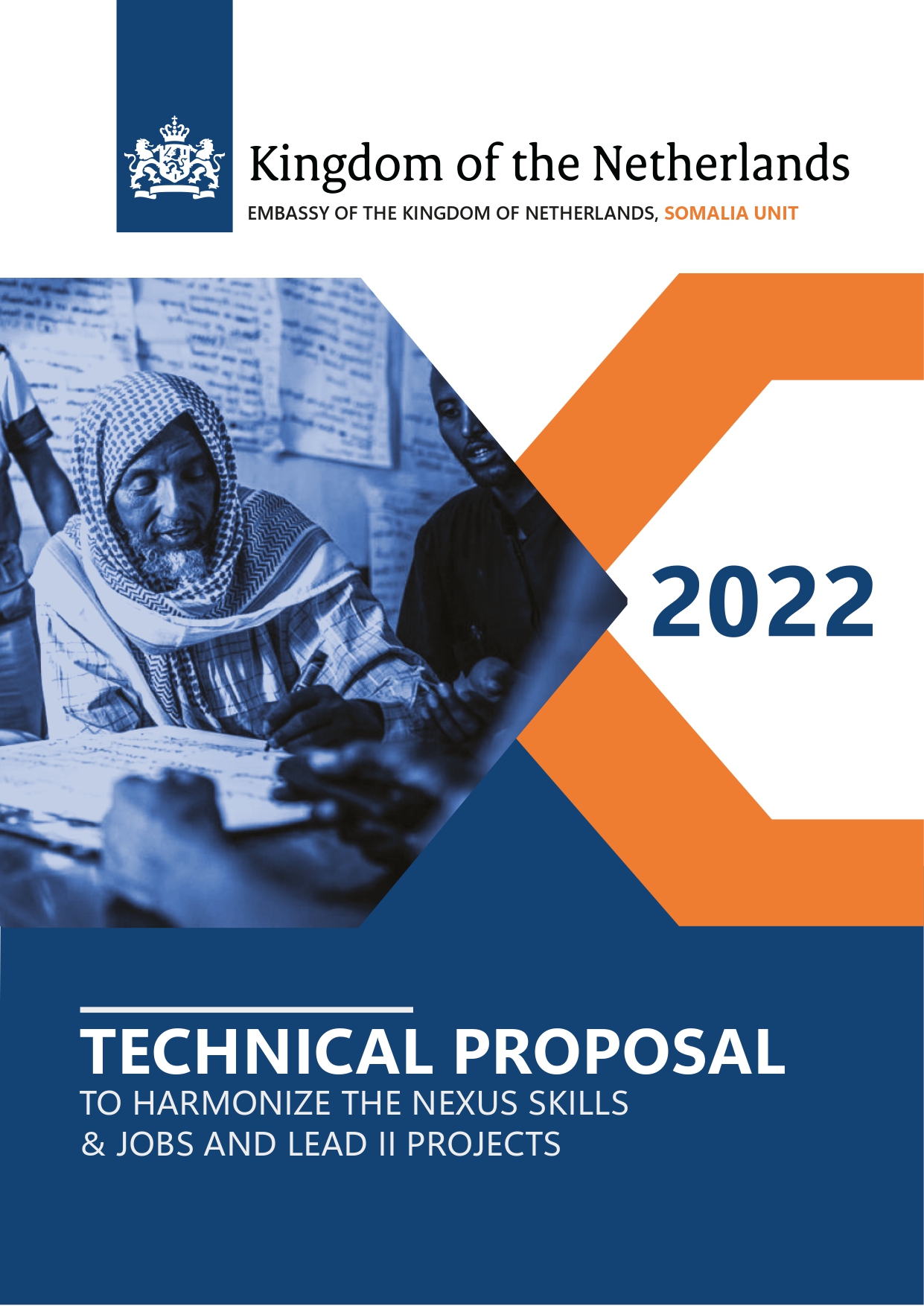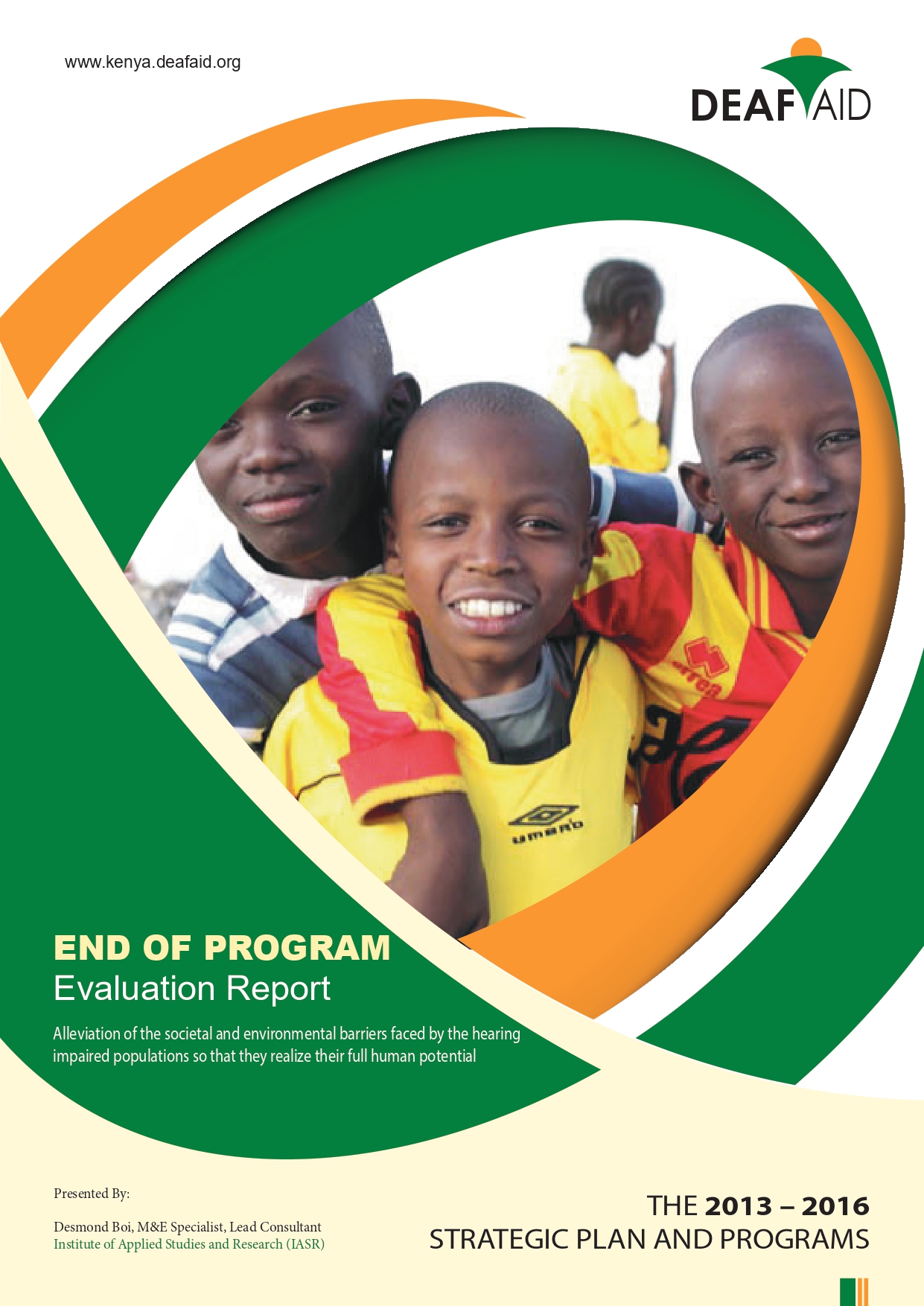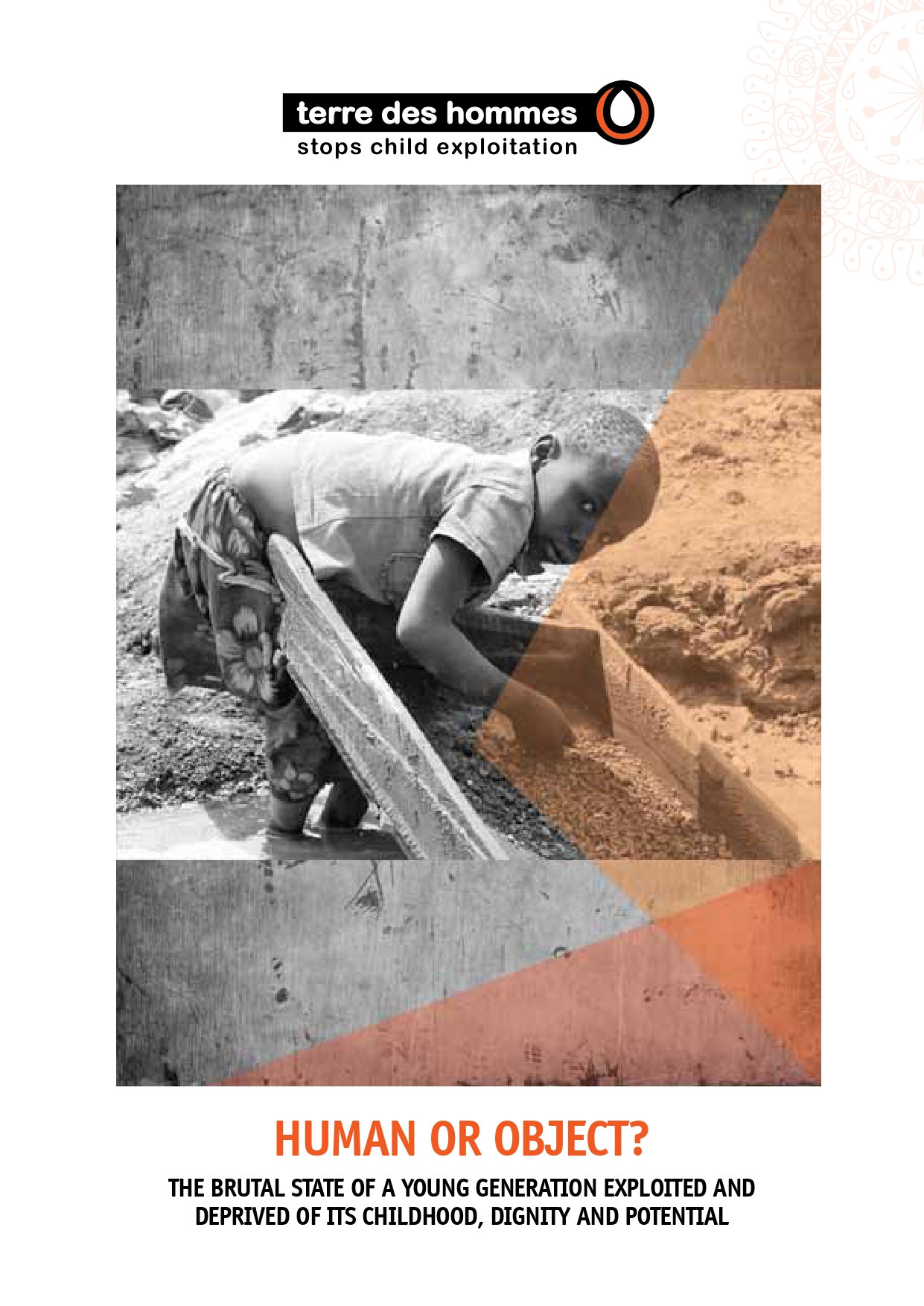OUR SERVICES
Monitoring, Evaluation & Learning
We help our clients increase the value, impact and sustainability of their programming, while ensuring accountability and oversight.
Data and Knowledge Management
We help our clients bring evidence and data into decision making and facilitate communication, understanding and learning in programme management.
Research, Evidence and Analysis
We help our clients understand complex and challenging contexts and problems and build the evidence base for programming, policy and strategy.
Advisory
We help our clients understand complex and challenging contexts and problems and build the evidence base for programming, policy and strategy.
Project Management
We help our clients plan and manage their resources effectively and adapt to changing environments while still achieving their programme objectives.
Communications
We help clients evolve and transform organisations, achieve stakeholder buy-in and enable pathways to change through targeted communications.
Risk Management
We help our clients to navigate the risks of working in complex environments drawing on our expert personnel, systems and processes.
Technical Assistance
We help our clients overcome specific challenges with targeted technical expertise across services, thematics/sectors and geographies.
Capability and Capacity Development
We help our clients understand and improve organisational and individual performance.
Stakeholder Engagement
We help our clients understand complex implementation contexts and build sustainable stakeholder dialogue by mapping, analysing and engaging actors at all levels.
Grant and Fund Management
We help our clients reach scale and pilot innovation through designing and managing effective and transparent grant and fund programmes.

AREAS OF SPECIALTY
IASR draws its strength and repute from our well grounded and diverse technical expertise, capacity, clientele profile and approach in execution.
Representing a diverse set of technical and scientific capabilities, our staffs pursue comprehensive, multidisciplinary research activities











